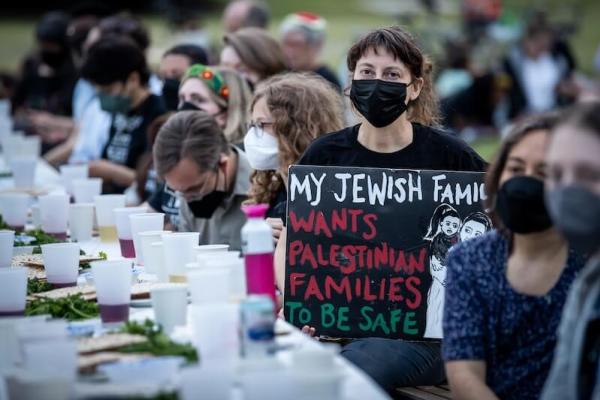Today marks the winter solstice, the day on which the North Pole tips furthest away from the sun as if to peer over the edge into the dark and see how far down it is. This curious act gives those of us in the Northern Hemisphere the fewest hours of daylight we’ll get all year; it also gives us our longest night. After another year in which we’ve run out of places to stuff all of our grief, those stretching hours of darkness seem like a good time to release our suffering, to openly examine it, to call our doubt holy.
Many churches encourage it, offering “Blue Christmas” services on or around Dec. 21 as space for those hurting, questioning, and remembering. Some, as beautifully depicted in Sojourners’ short video from 2017, draw on desert imagery — placing lighted candles in the sand to recall both the reality of death and the hope that “God can, in fact, create things as wonderful as our loved ones that we’ve had to let go, of out of dust.”
Some lean into the story of the saint whose feast day rests on Dec. 21: Thomas the Apostle, whose doubts Jesus embraced, declaring “peace be with you” and submitting his wounds for inspection instead of words of condemnation.
For some, the gatherings are a place to honor those who have died, remembering them not collectively, as a number that’s too high to fathom, but as individual people whose names are spoken aloud and stories remembered.
“We remember all those who have died, and the light their lives brought into the world,” read the service at the Longest Night Memorial in Los Angeles, mourning deaths among people who are unhoused in the San Fernando Valley. The litany was punctuated by the response, “we need each other.”
It’s a sentiment that often gets lost in a culture where certainty is celebrated and a high value is placed on “moving on” from or “getting through” trauma — without regard for the fact that trauma is ongoing. We need each other, but we live in a cult of individualism. We need each other, but too often we go through our valleys alone, isolated by a deadly virus or our own uncertainties. In this present reality, it can be a struggle to find the hope or the joy that marks this season.
Blue Christmas reminds us that it’s okay to sit in the pain for a time, to honor loss or illness or doubt or fear. There are others sitting beside us in the darkness; there is a God who understands our suffering.
Tomorrow we’ll get more light.
Got something to say about what you're reading? We value your feedback!







